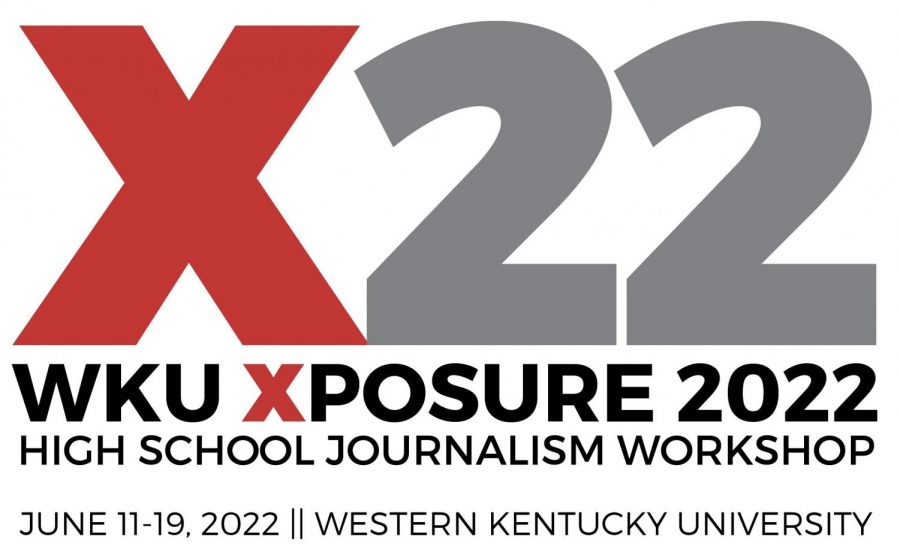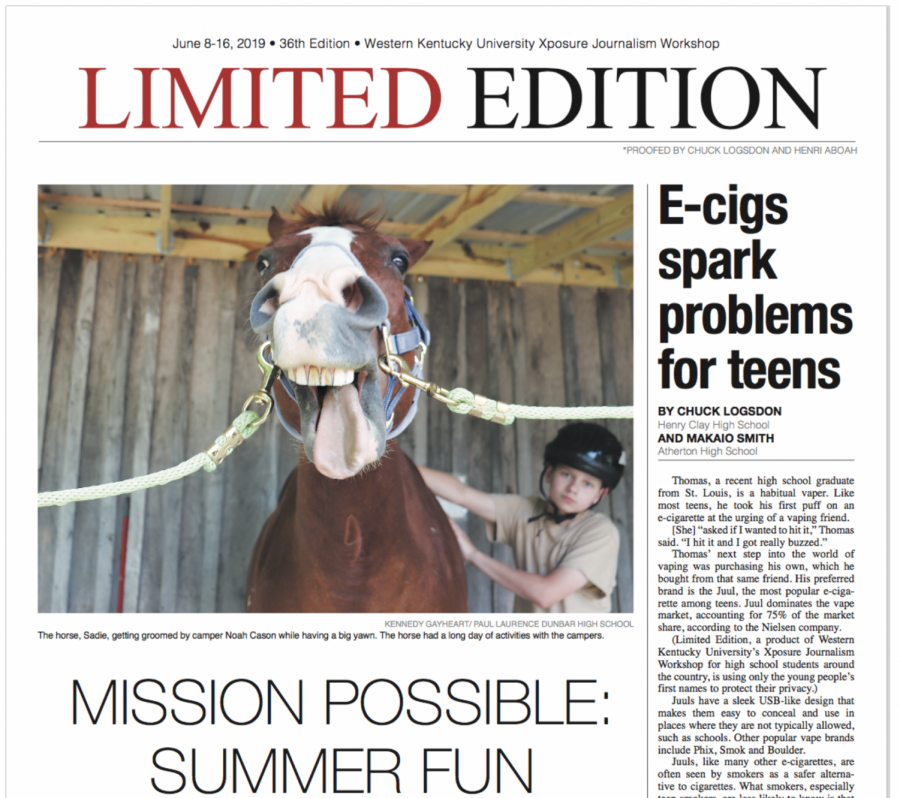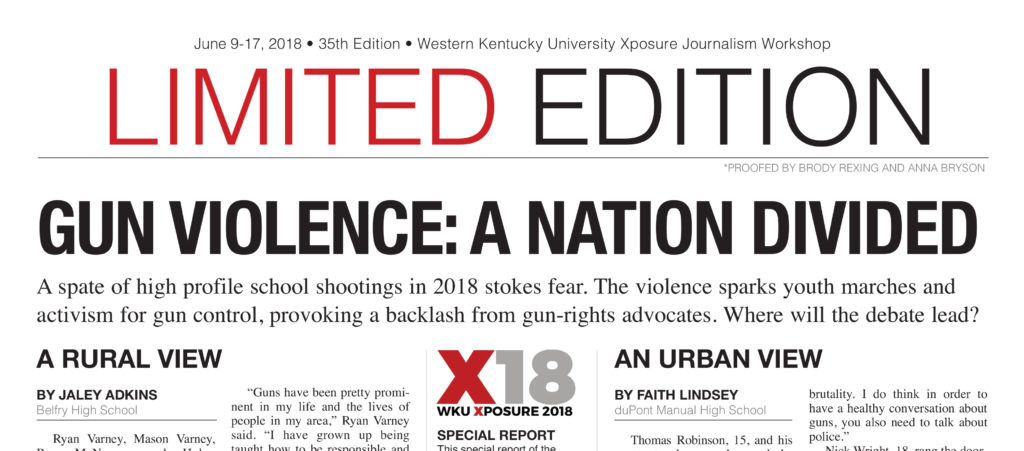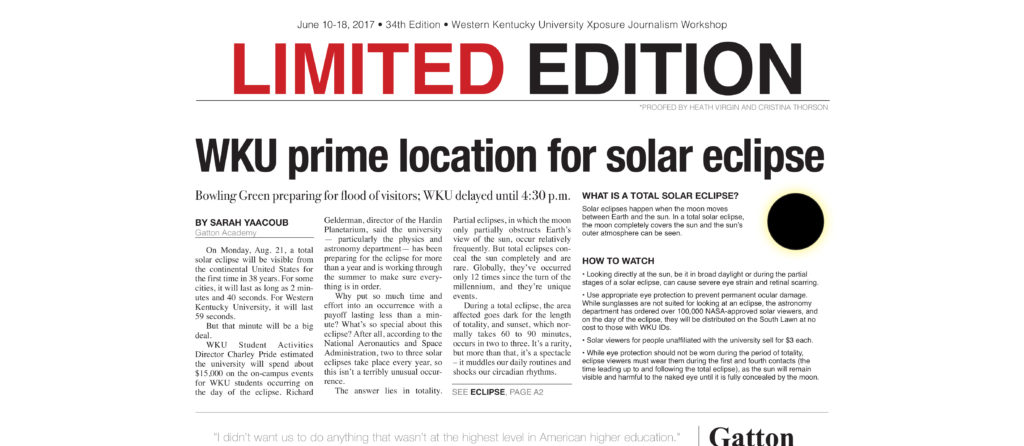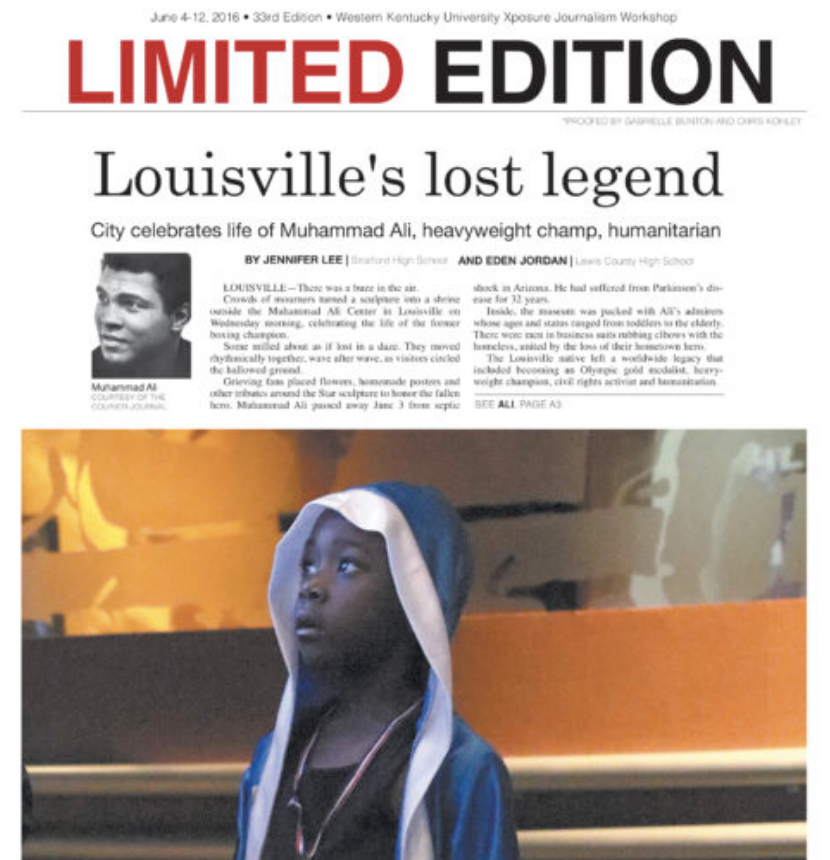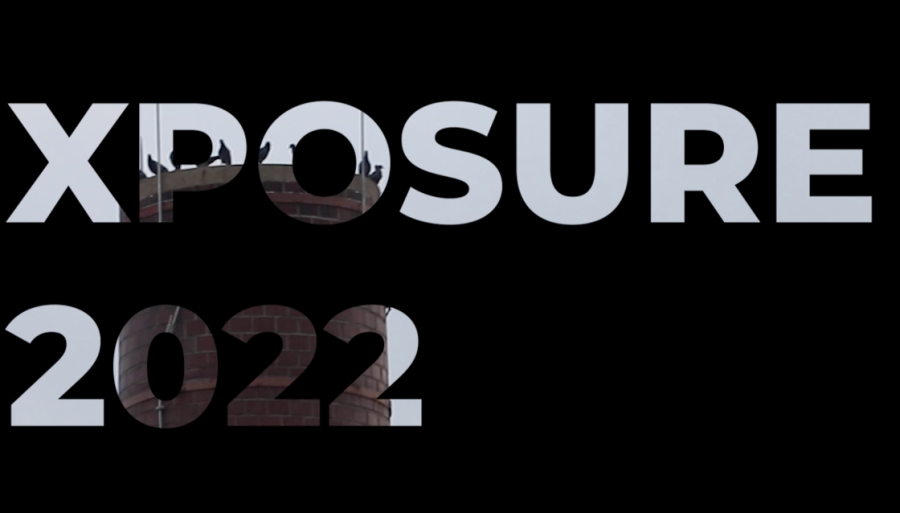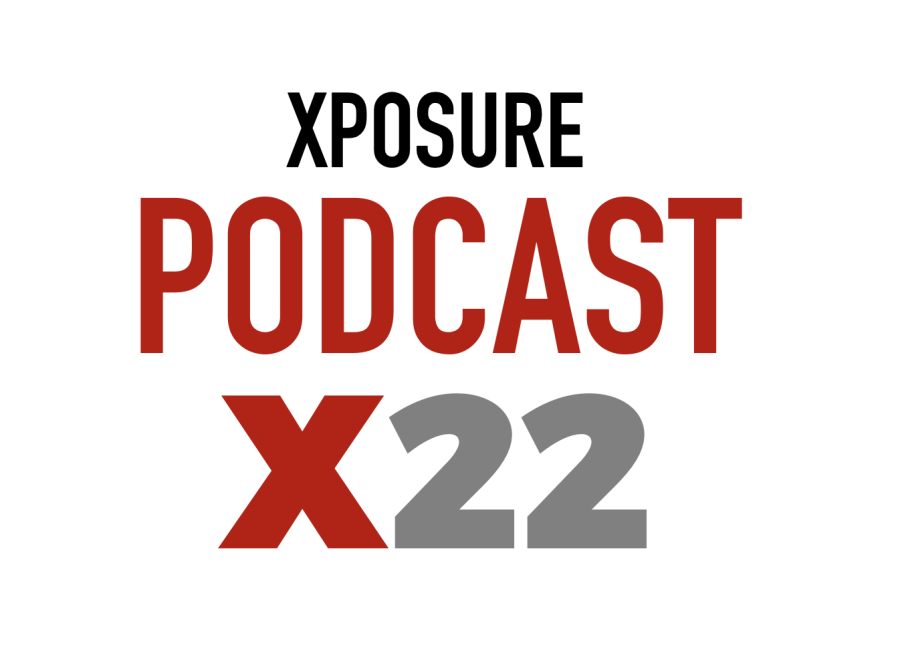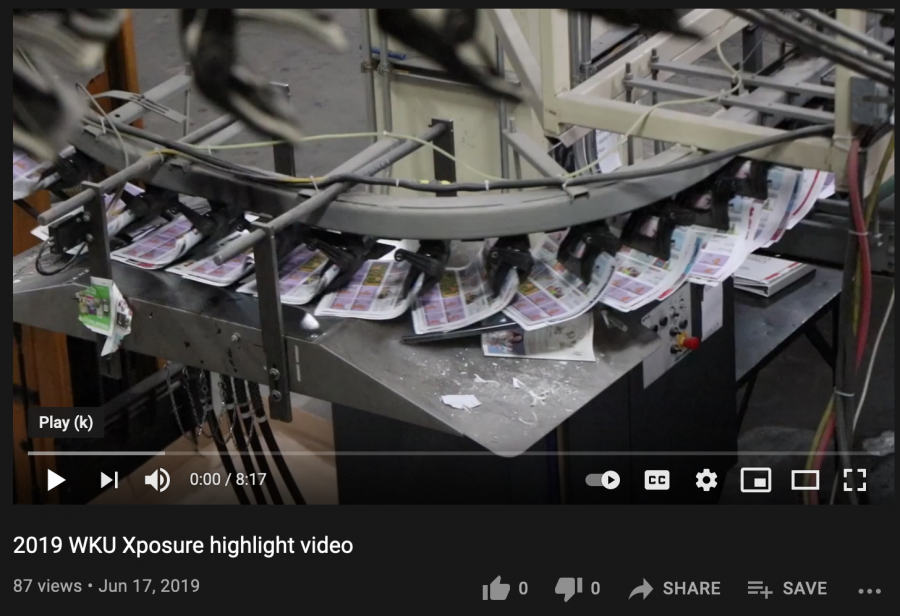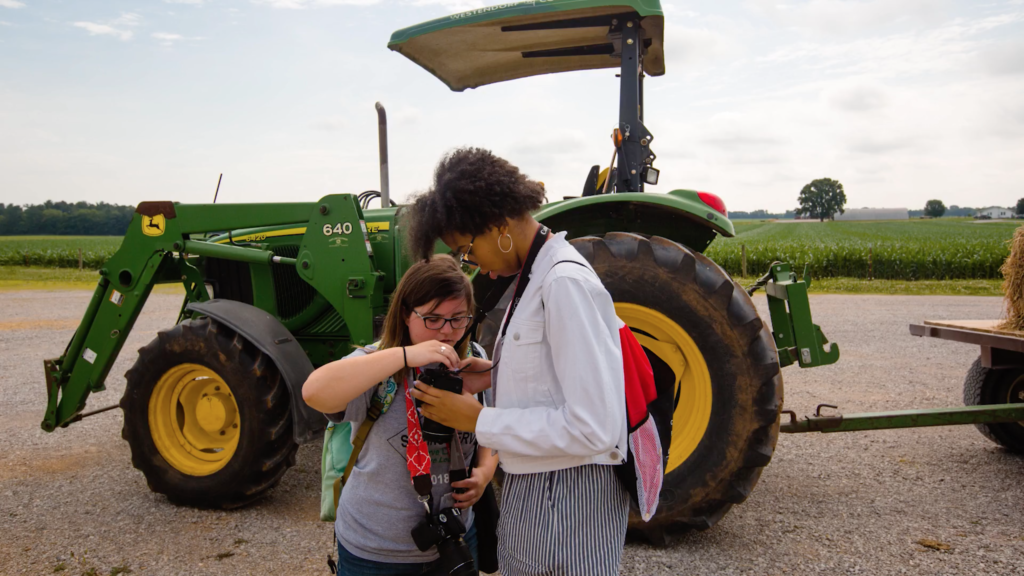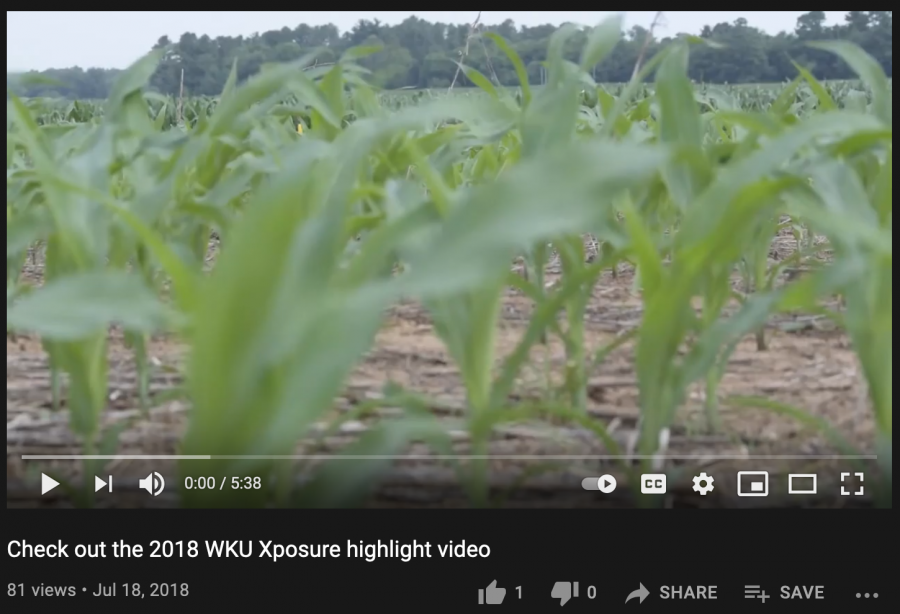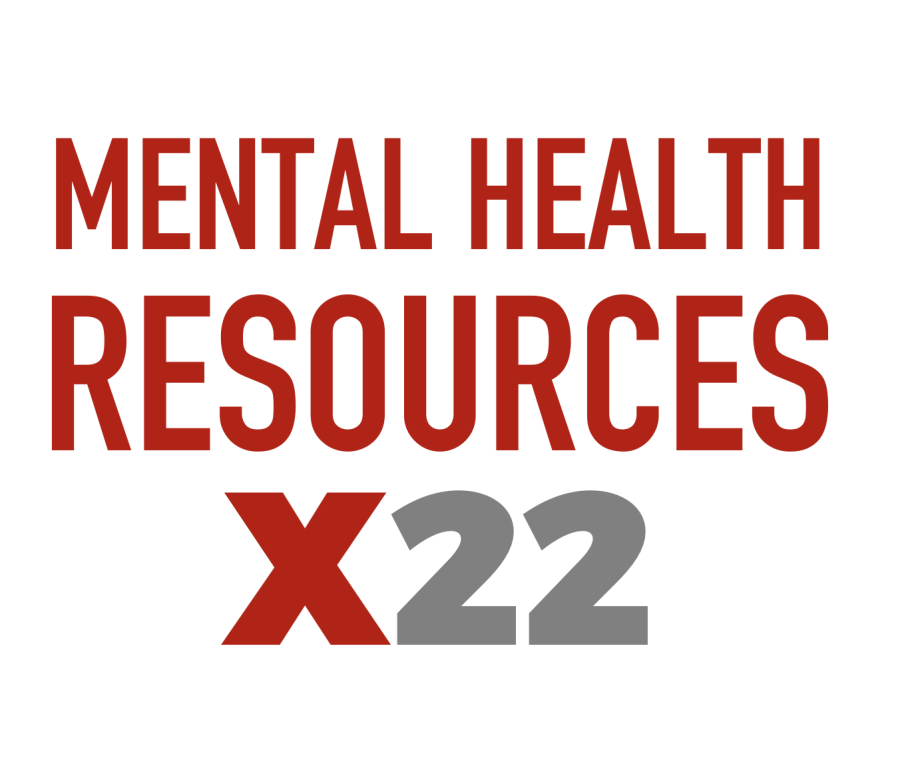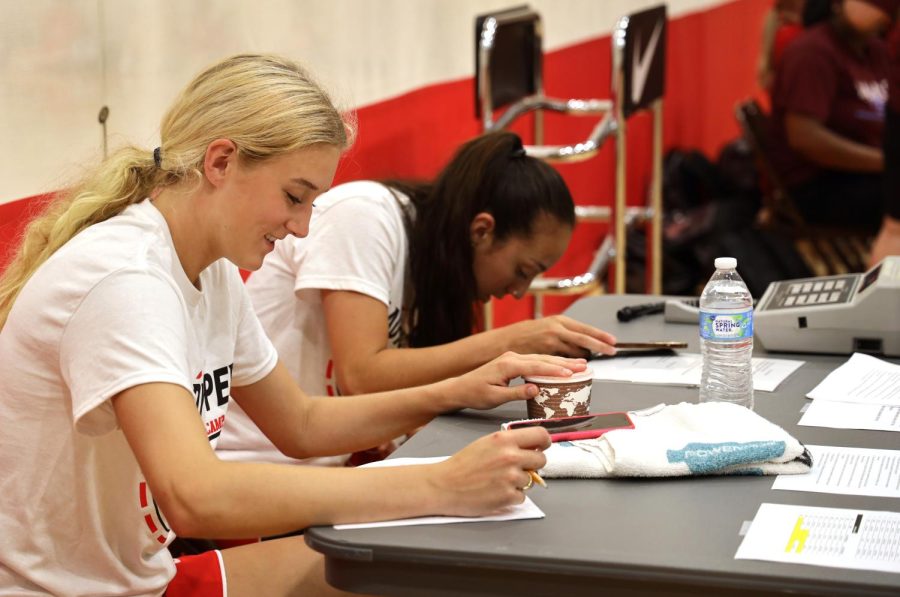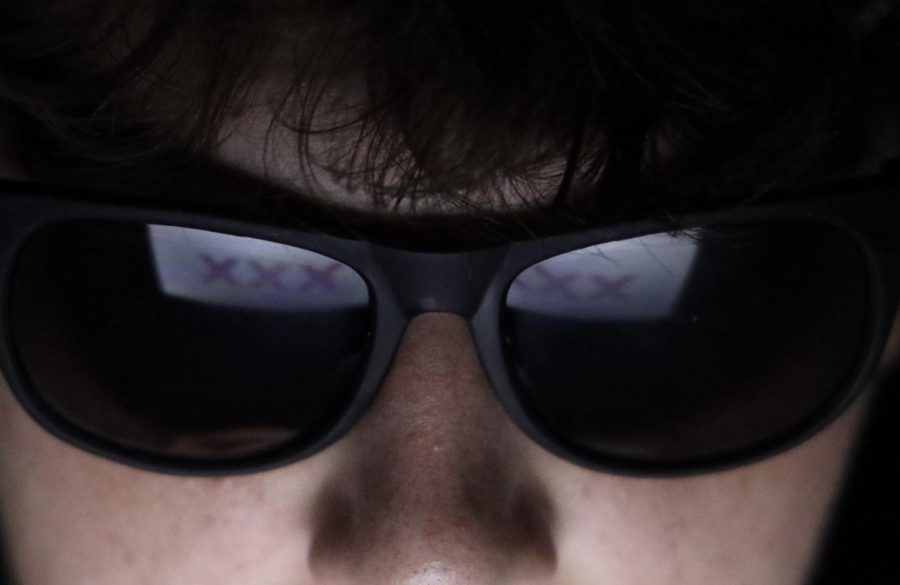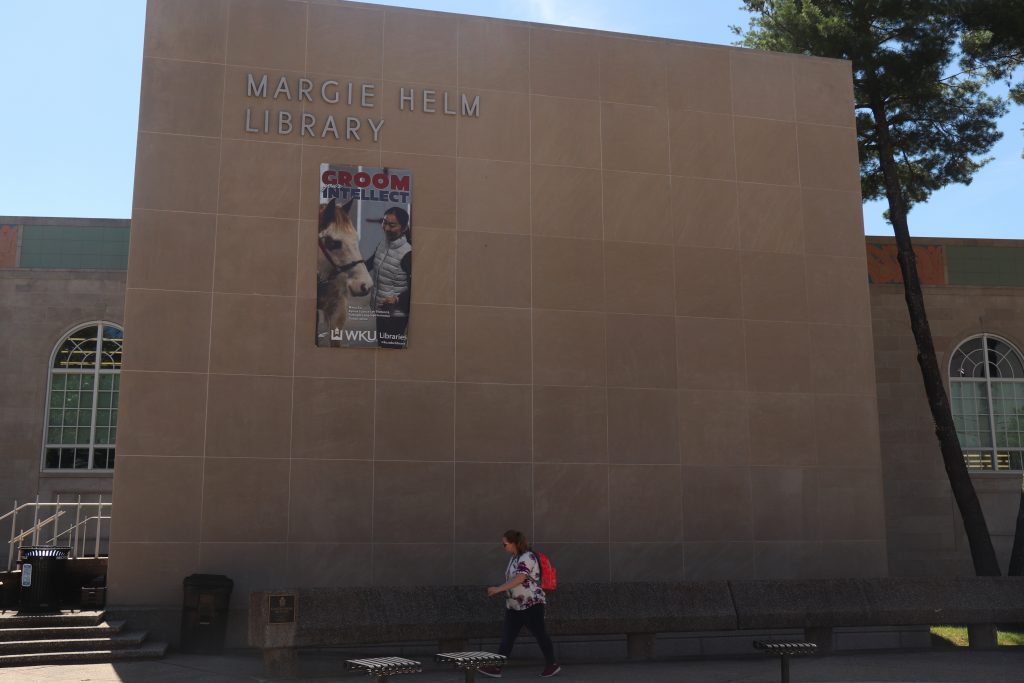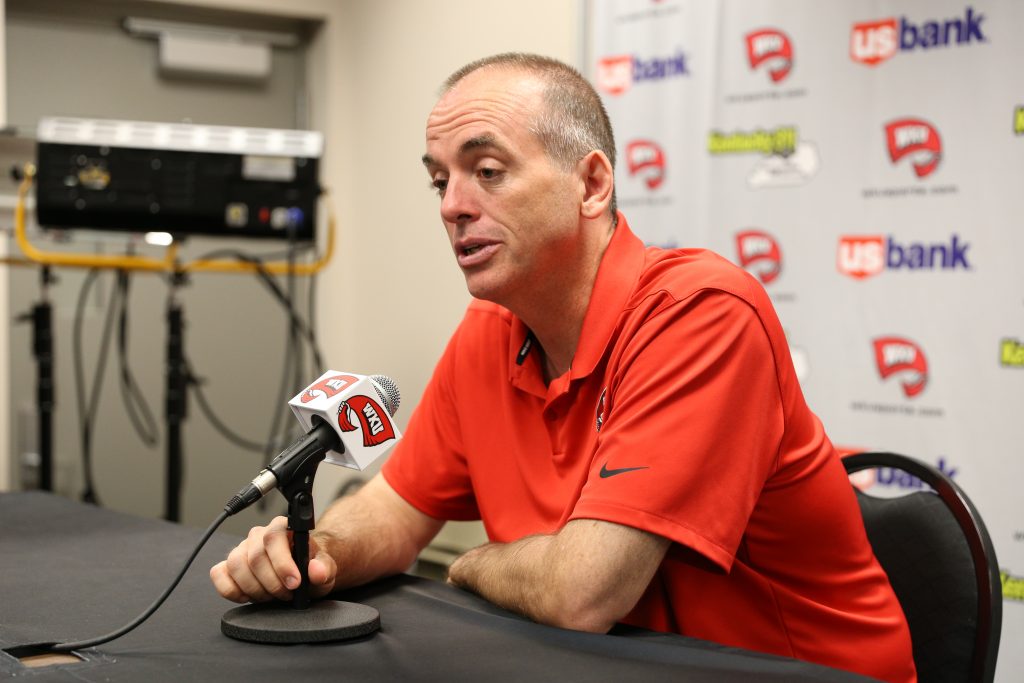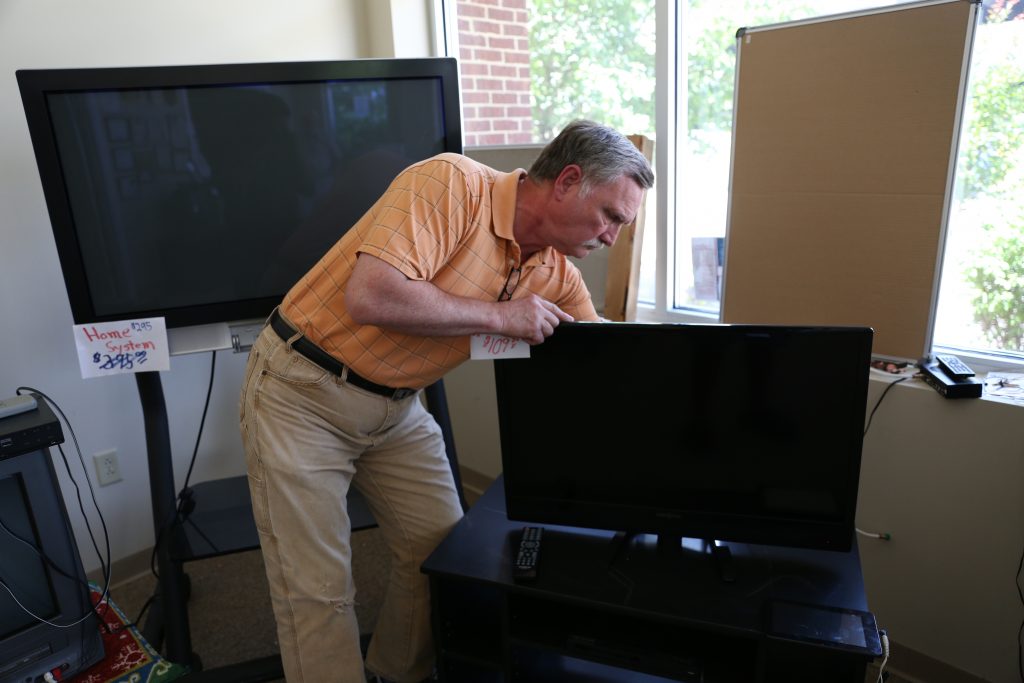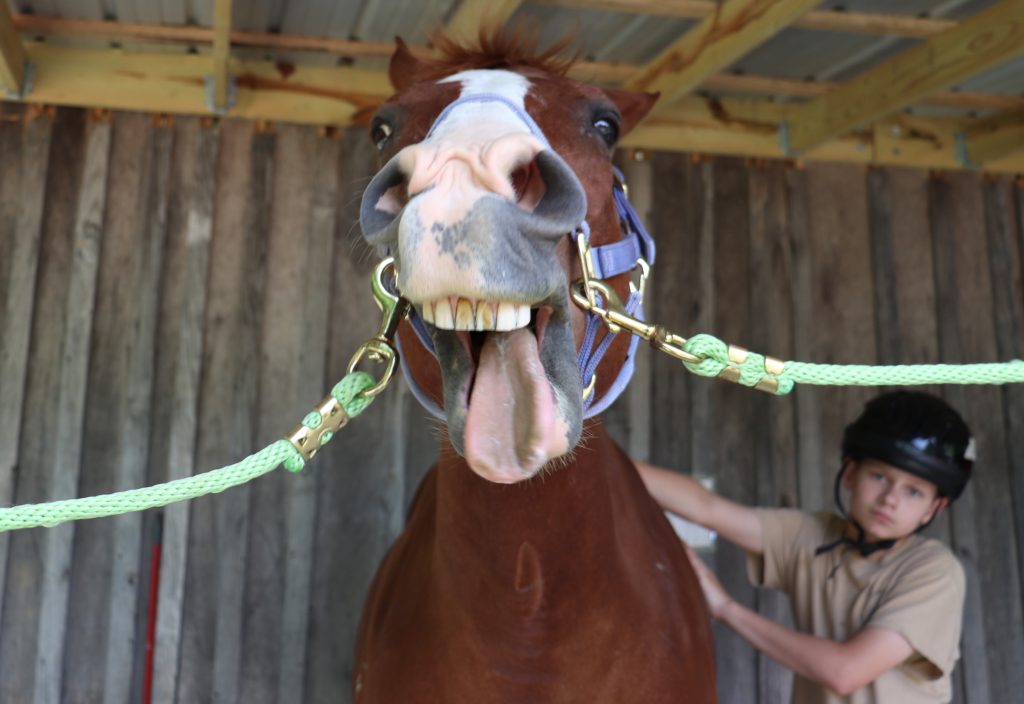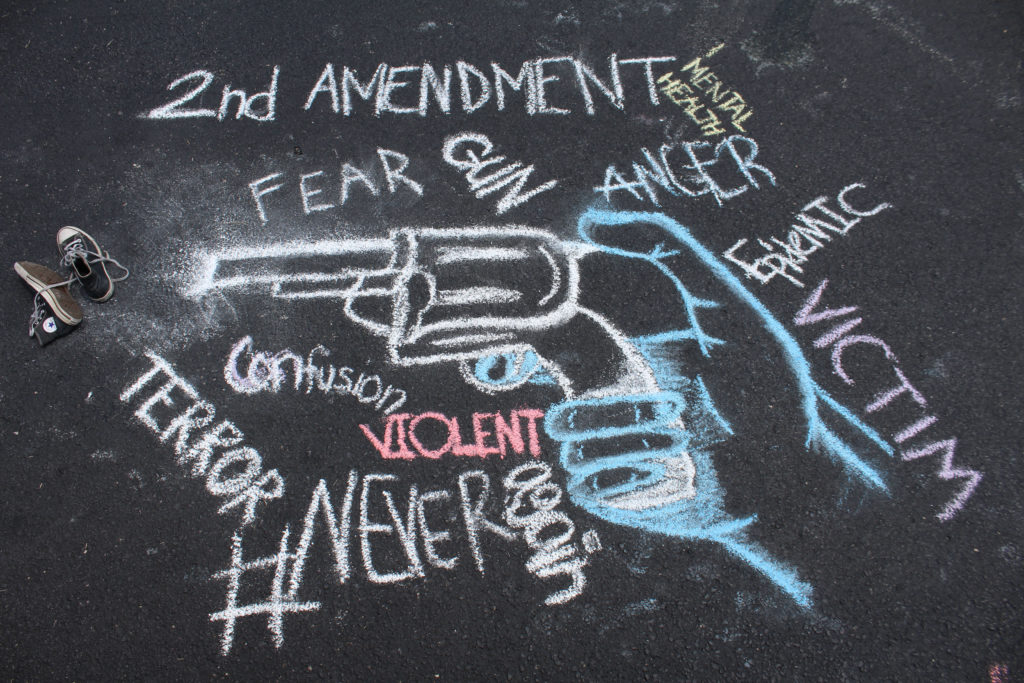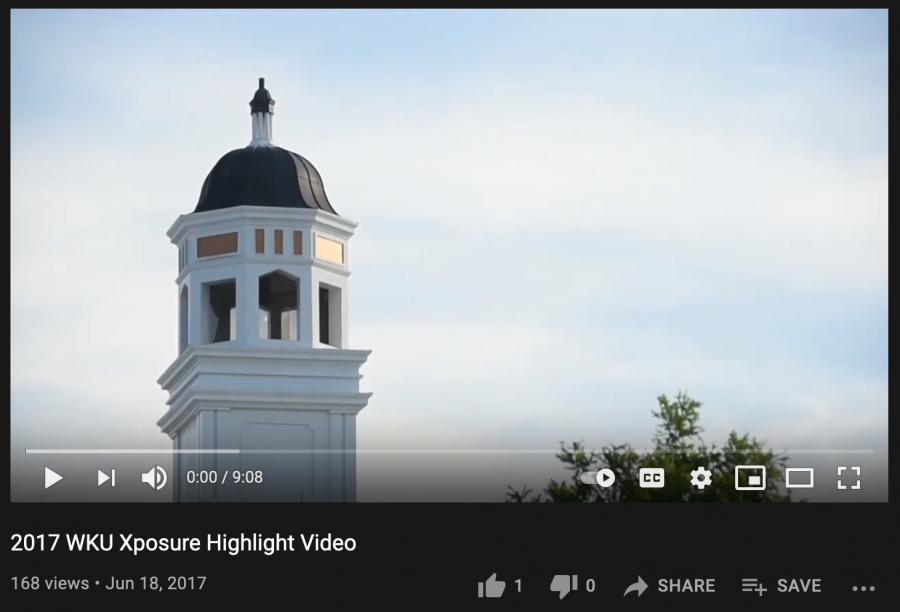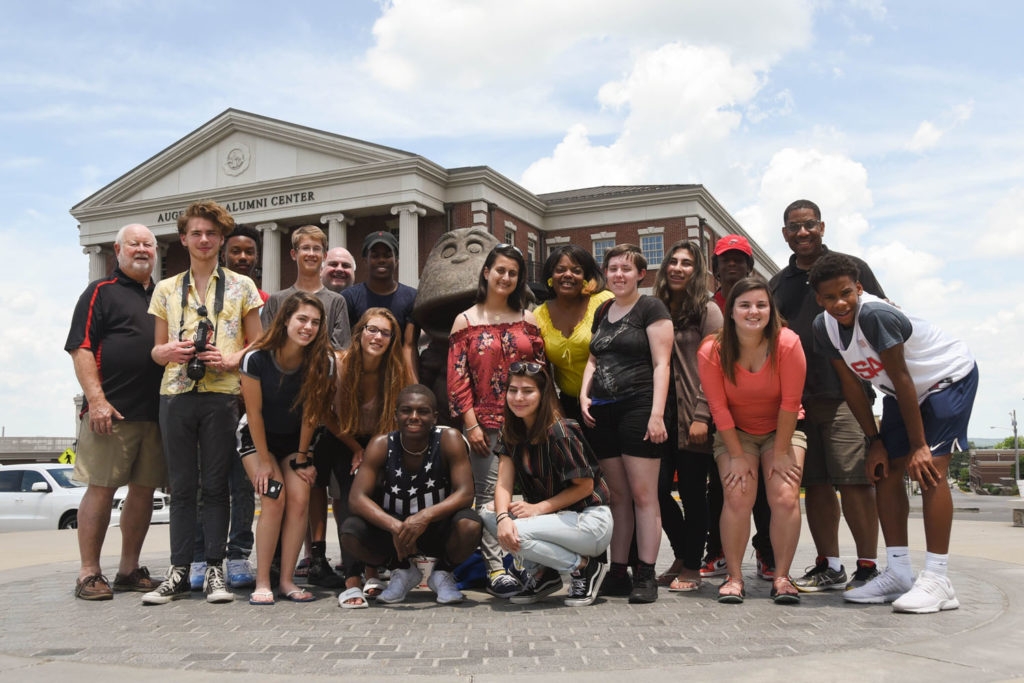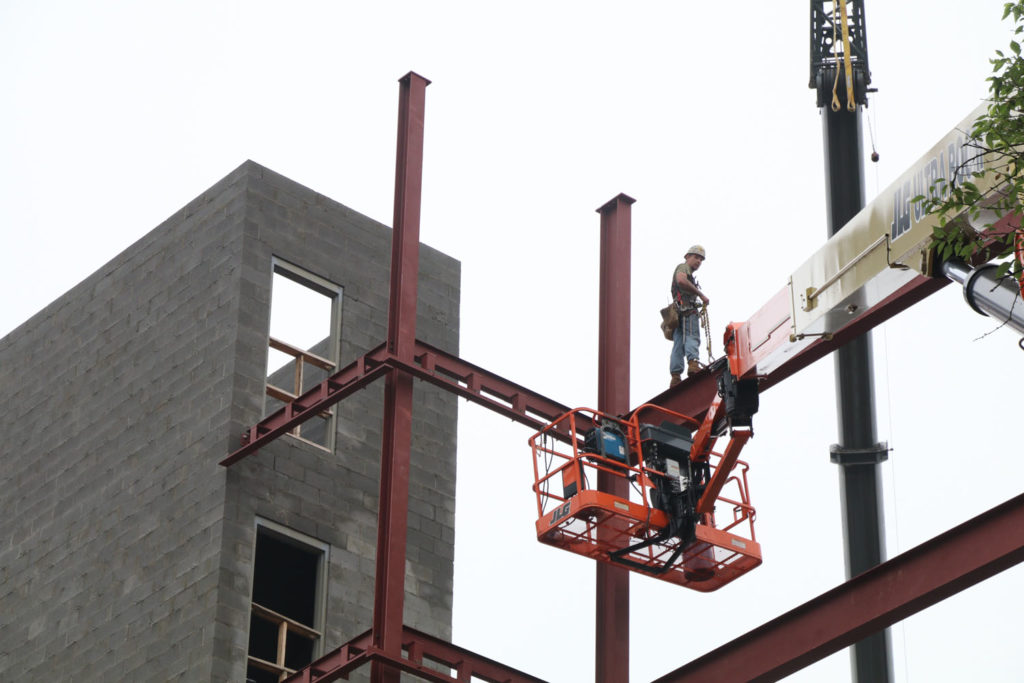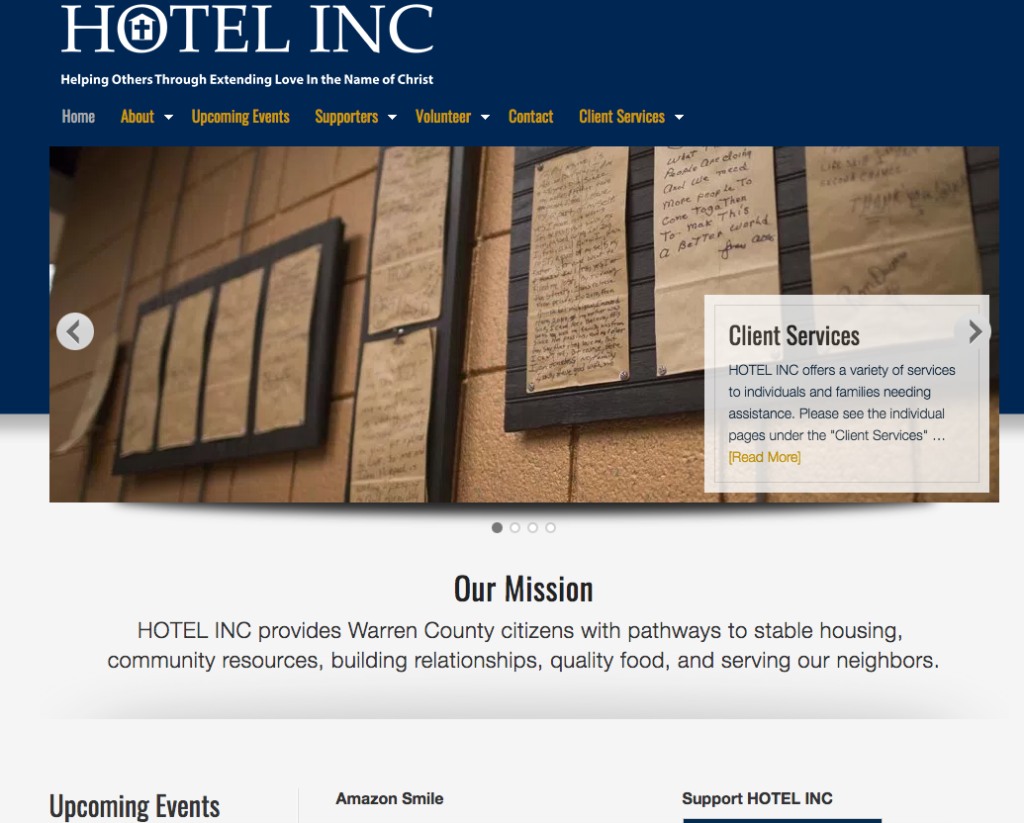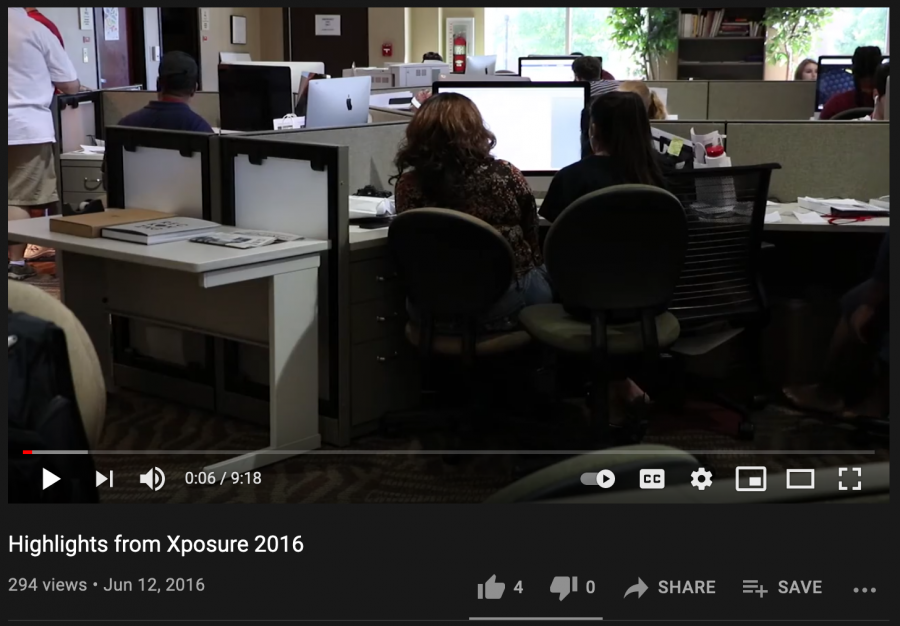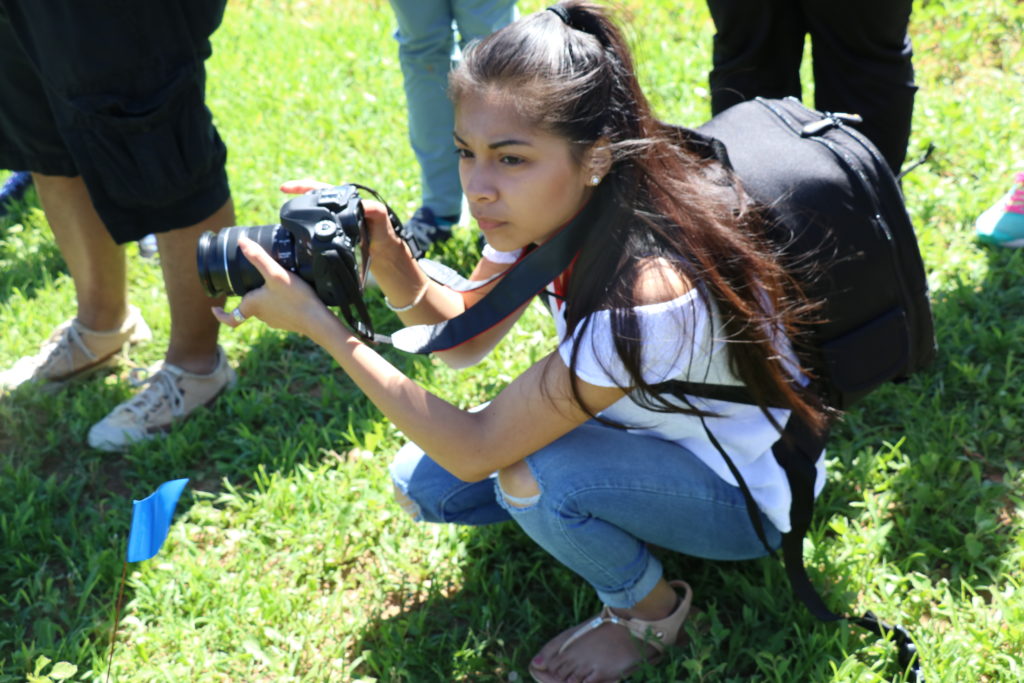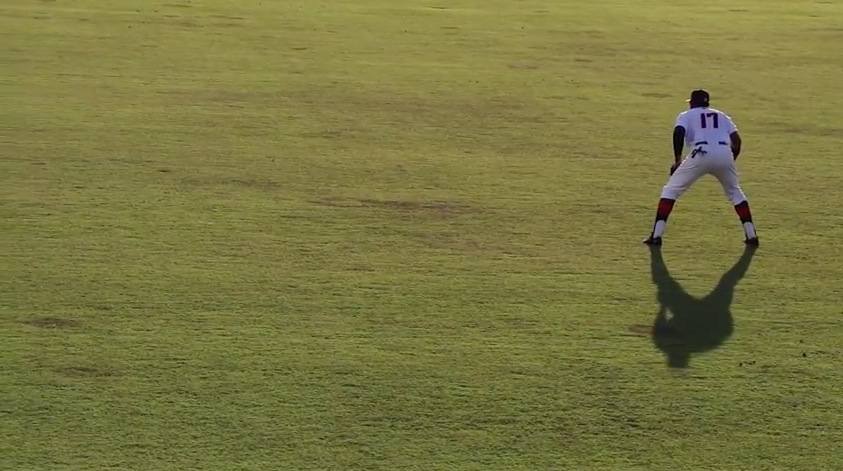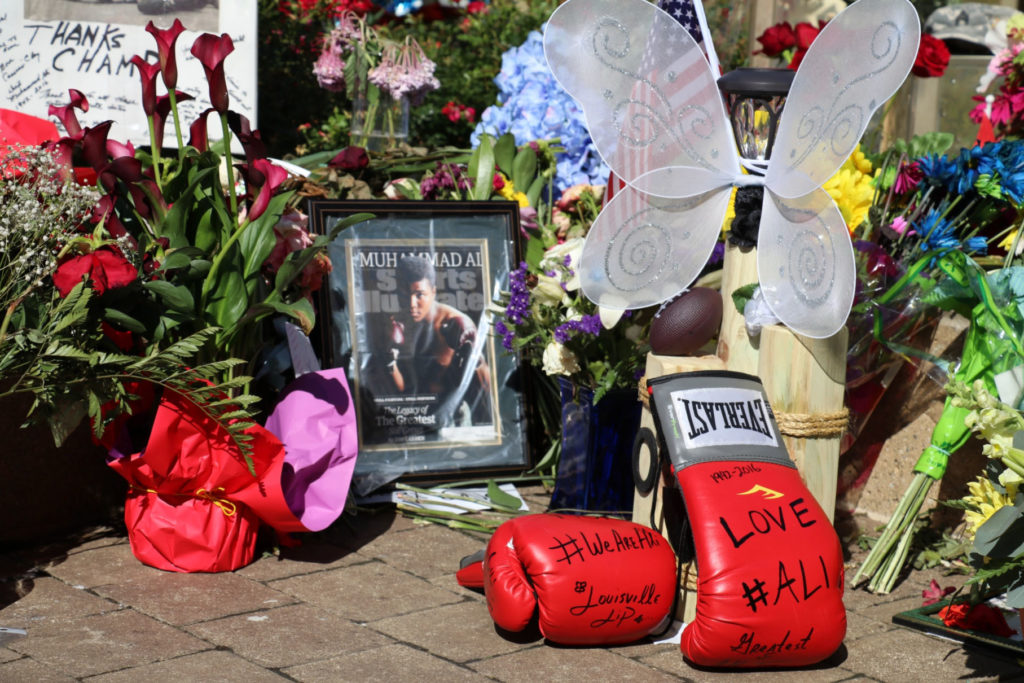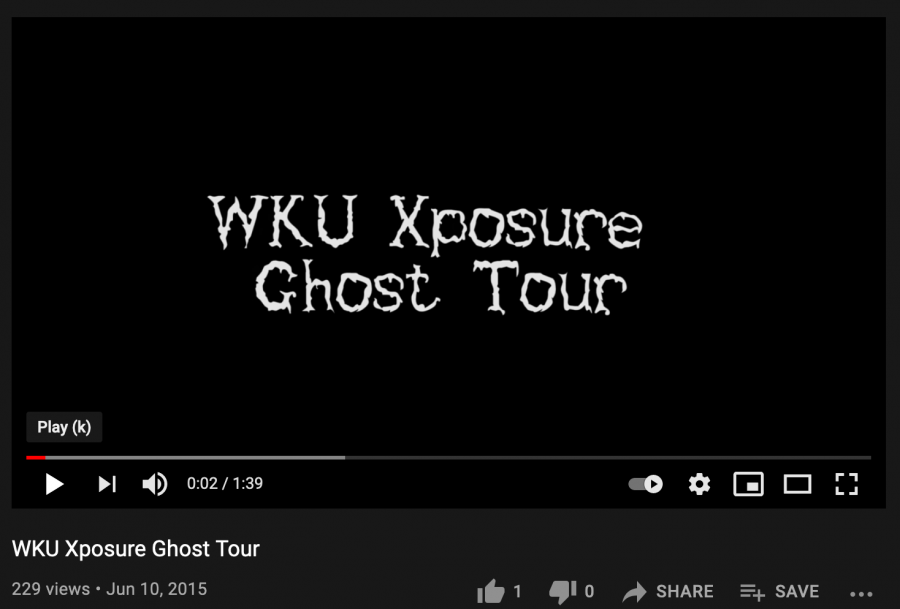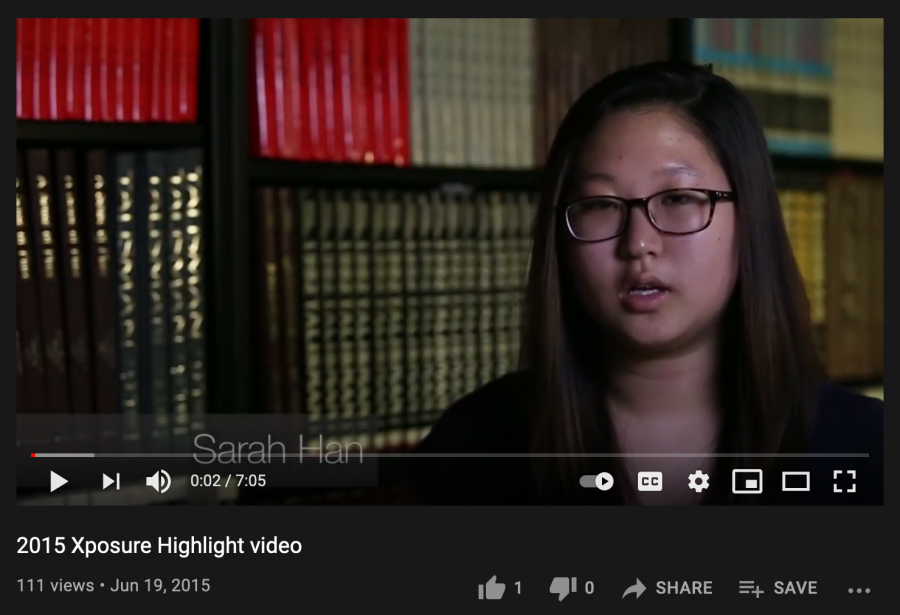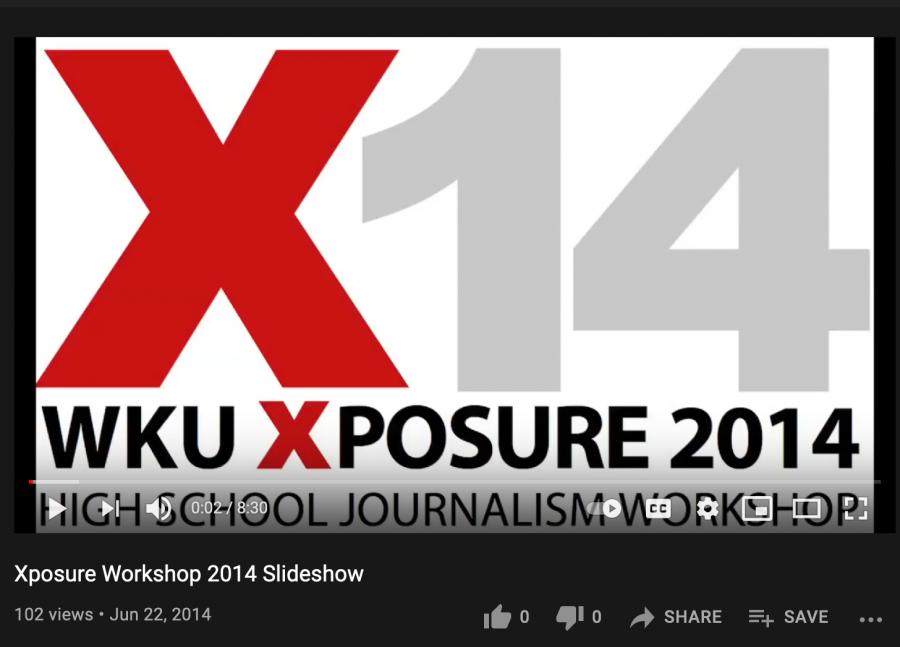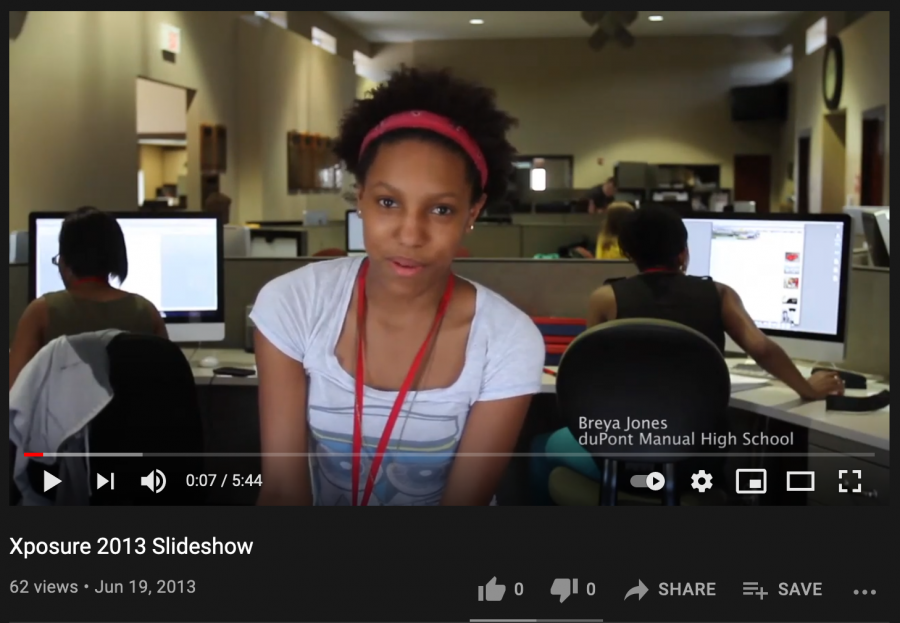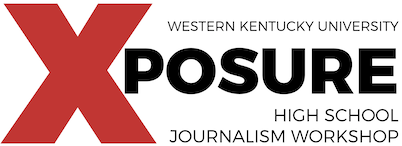By Kalie Gipson, Franklin-Simpson High School
It is a terrible day for students across the nation when they cannot access information that is important to them. This is exactly what happened to students attending Metropolitan Nashville Public Schools and Knox County schools in Tennessee.
If a student tried to access any sites promoting homosexuality, like websites for organizations like the Human Rights Campaign and Parents, Families and Friends of Lesbians and Gays, they would be met with a blocked website notification.
This sickening form of viewpoint discrimination (the act of attacking one group’s message without attacking the other) should not be a surprise, coming from a state that is notorious for its conservative nature and anti-gay legislation. But no matter how infamous Tennessee’s reputation may be, it couldn’t beat the pressure from the American Civil Liberties Union and the unshakable statement that is the First Amendment. Feeling the heat, the school systems lifted the ban in June and perhaps some dignity was saved.
Other instances of discrimination have occurred in other areas of the country. In September of 2007, 11 students at Ponce de Leon High School in Florida were suspended for protesting actions made by the principal against a lesbian student. During the spring of this year, in Ramona, Calif., a sixth grader’s presentation on Harvey Milk was banned because it “attempted to teach sex education.” The ACLU intervened in both cases. According to the Student Press Law Center website, the Holmes County School Board in Florida had to pay $325,000 in attorney fees. In the latter case, the ACLU demanded the school apologize to the student and allow her to give her presentation.
All of these instances involve pressure from the ACLU and the schools recanting their wrongdoings. When will schools and their faculties understand that they cannot shelter their students from the world? Students’ behavior at these schools shows just how much more mature teenagers can be than the adults who run their lives. Homosexuality can be a touchy subject to approach, but trying to completely erase it from the schoolyard is discriminatory and, ultimately, illegal.
Since these schools that tried to ban the real world from their campus have failed miserably, others need to take notice. It is becoming impossible to keep even the idea of homosexuality from emerging in schools. So why bother? It is already difficult for students to grow up in this society when they are straight, so being gay makes it that much harder. Through their actions, schools are sending the message that being gay is “wrong” and the idea of it needs to be censored. Of course, school officials are entitled to their own opinions and ideas, but attempting to force them onto students is downright authoritative.
When children are going through the school system, they are taught to be tolerant and appreciative of others. This seems to disappear once they hit middle school and high school. Now, it seems that some schools are trying to teach their students that being gay is a problem. In the case of the website ban, the school systems still allowed websites that provided “reparative therapy” to gays. The message sent is simple: “homosexuality is wrong. Here are ways to change yourself for the better.” The students who have stood up for those who have been discriminated against deserve applause for not being intolerant and narrow-minded.

